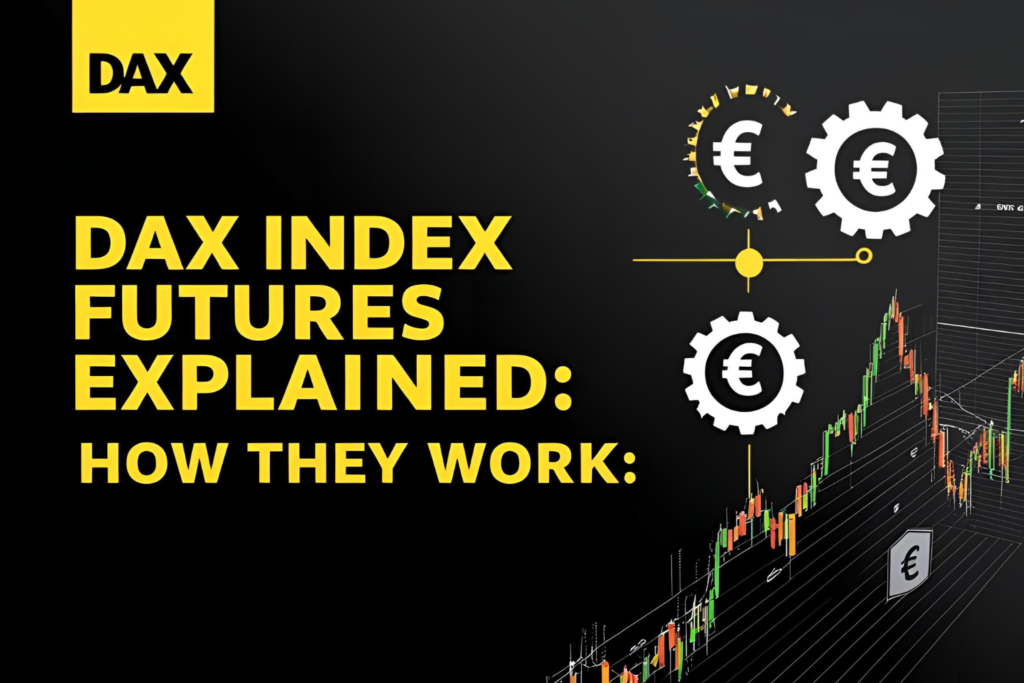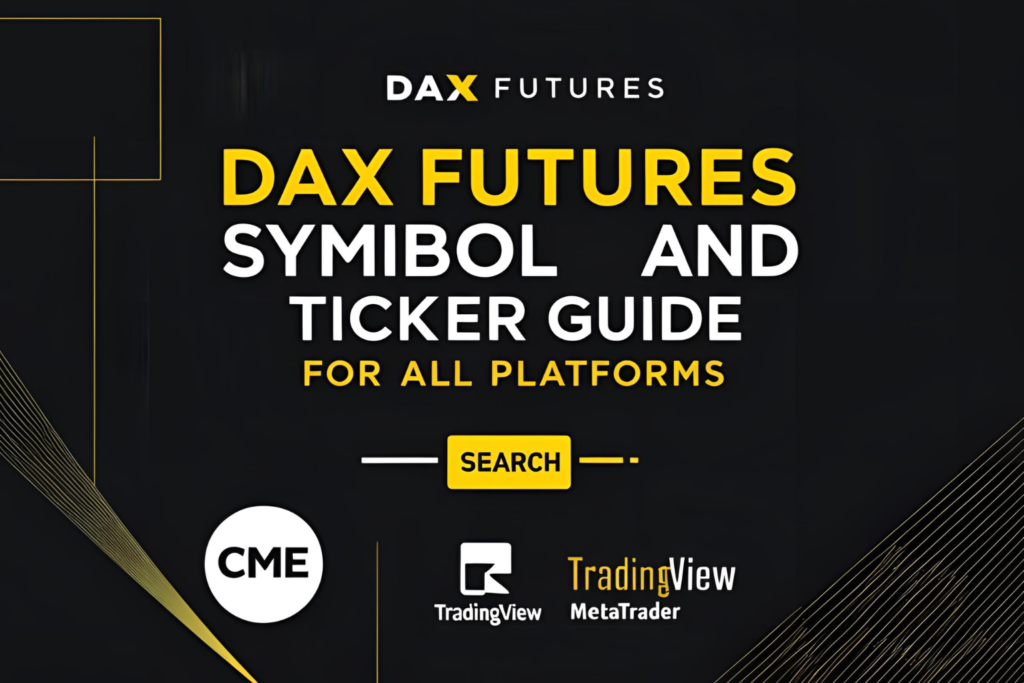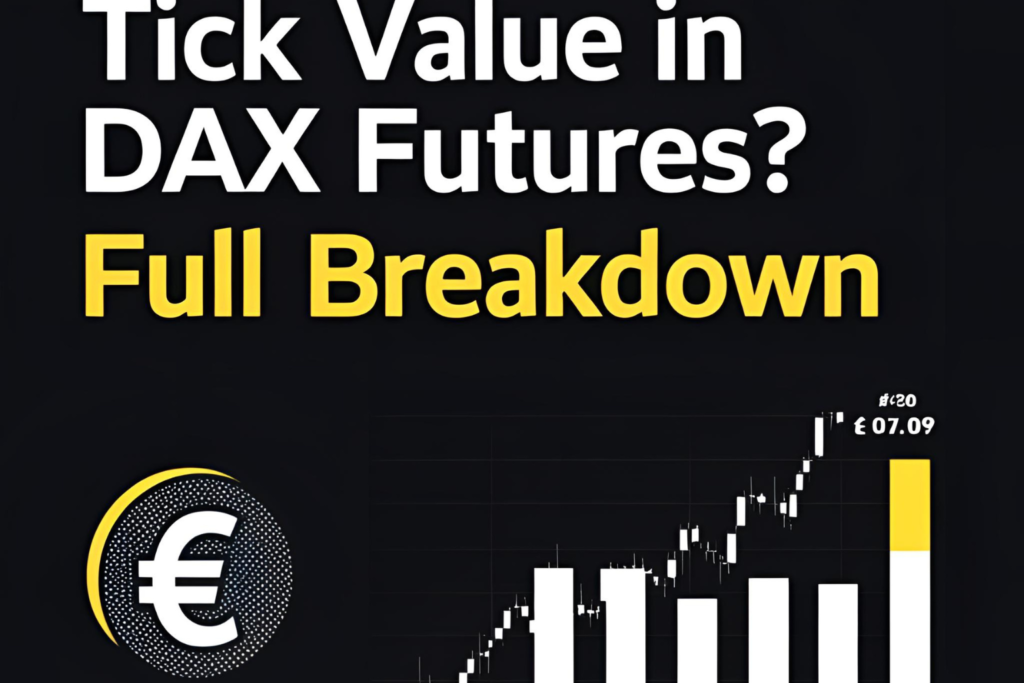DAX futures are financial contracts that allow traders to speculate on the future value of the German DAX 40 index. As one of Europe’s leading equity benchmarks, the DAX tracks the performance of 40 top blue-chip companies listed on the Frankfurt Stock Exchange.
If you’re a trader or investor looking to get exposure to the German market, DAX futures are a flexible and liquid tool worth understanding.
What Is the DAX Index?
The DAX 40 Index (formerly DAX 30) represents 40 of Germany’s largest publicly traded companies, including names like Siemens, SAP, Volkswagen, and Allianz. It’s often considered the “Dow Jones of Germany.”
So, What Exactly Are DAX Futures?
A DAX future is a standardized contract traded on an exchange (typically Eurex) that allows you to buy or sell the DAX Index at a predetermined price on a specific future date.
Traders use it to:
- Speculate on future price movements (up or down)
- Hedge exposure to German stocks or ETFs
- Day trade short-term volatility in European markets
Key Features of DAX Futures
| Feature | Description |
|---|---|
| Underlying Asset | DAX 40 Index |
| Exchange | Eurex (most common), CME offers Micro DAX |
| Contract Size | €25 per index point (standard contract) |
| Tick Size | 0.5 index points |
| Tick Value | €12.50 (standard), €5 for Micro DAX |
| Trading Hours | Extended (7:00 AM to 10:00 PM CET on Eurex) |
Why Trade DAX Futures?
- High Liquidity: DAX futures are one of the most actively traded index futures in Europe.
- Leverage: You can control a large position with a relatively small margin.
- Diversification: Provides exposure to German and European economic trends.
- Efficient for Day Traders: With tight spreads and deep order books.
Who Trades DAX Futures?
- Institutional traders looking to hedge portfolios
- Retail day traders seeking intraday volatility
- Swing traders using futures for short-term directional bets
- Global investors tracking Eurozone market sentiment
Risks to Keep in Mind
Like all derivatives, DAX futures carry leverage-related risk. Small price changes can result in large gains—or losses. Always use stop-losses and proper position sizing.
Final Thoughts
If you’ve ever wondered “What are DAX futures?”, this guide should help clarify the basics. Whether you’re trading for speculation, hedging, or exposure to the German economy, DAX futures offer a fast, regulated, and powerful tool in your trading arsenal.
Start with paper trading or micro contracts before jumping into full-sized DAX futures.
FAQs
1. Are DAX futures the same as ETFs like EWG or DAXEX?
No. ETFs track the index without leverage. Futures are leveraged, expire, and settle differently.
2. What exchange are DAX futures traded on?
Primarily Eurex. CME also offers Micro DAX for US-based traders.
3. Do DAX futures pay dividends?
No. Dividends are factored into pricing but not paid out directly.
4. Can I trade DAX futures from the US or India?
Yes, through brokers that provide access to Eurex or CME.
5. What’s the minimum amount needed to trade DAX futures?
It depends on your broker’s margin requirement. For Micro DAX, it’s significantly lower than full-size contracts.




